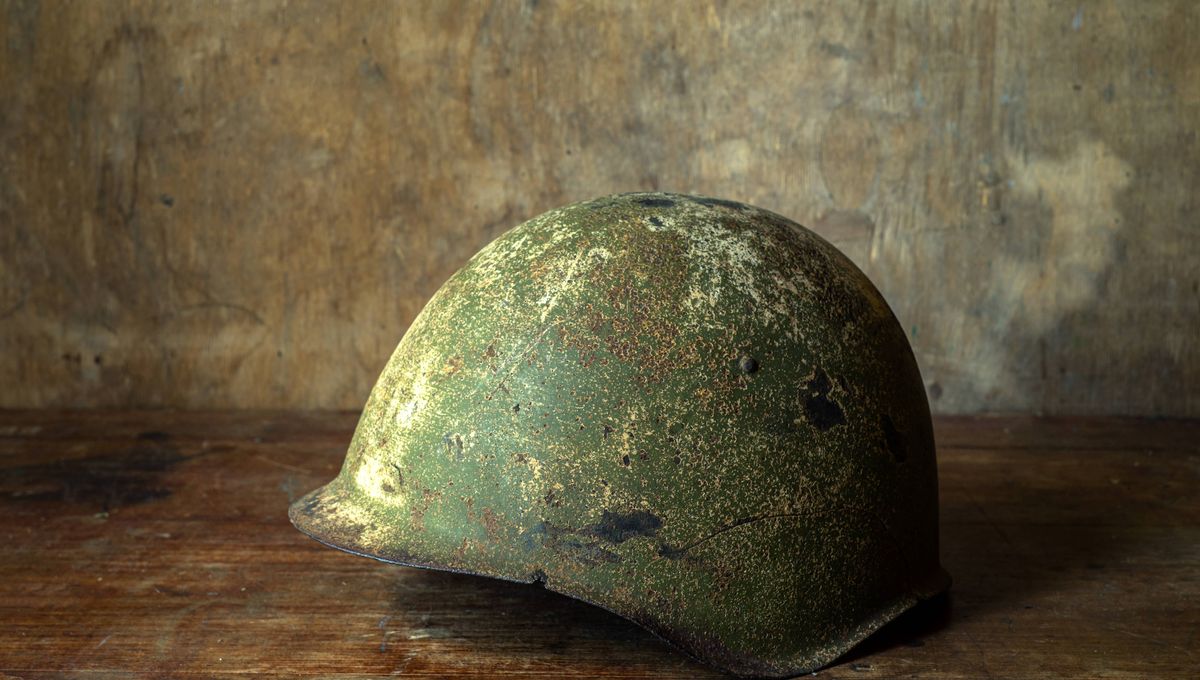
The idea of the “Dark Triad” as a collection of malevolent behavioral traits has become popular in recent years and has been the subject of many studies into unpleasant attitudes and behaviors with civilian groups. But research has investigated these traits in relation to military personnel to see if there is a way to predict unethical behavior and the perpetration of war crimes.
According to a paper published in Military Psychology in 2019, there are key personality clusters that can be linked to unethical conduct on the battlefield. Traits associated with the Dark Triad have been found to correlate with negative attitudes towards military ethics. These traits include psychopathy, non-pathological narcissism, and Machiavellianism, and reflect overall disagreeableness in the form of antagonism, deceitfulness, dishonesty, and selfishness.
The Dark Triad also has close relevance to positive views regarding right-wing authoritarianism and social dominance orientation, a personality trait that measures the belief that there are “superior” groups that should dominate out-groups. Individuals who score high on social dominance orientation tend to see inequality between social groups as justified and legitimate and that the superior groups should dominate the inferior ones, even with force.
The team of researchers from the Department of Psychology at Lund University, Sweden, Kings College, London, and the Department of National Defence, Canada, studied these five malicious traits in a sample of Swedish peacekeepers heading to Mali, Africa. Data on the Dark Triad and the other two traits were collected before the soldiers were deployed, along with their attitudes towards warzone ethics, and the frequency of unethical behaviors performed within the organization. The team then used structural equation modeling, a multivariant statistical analysis technique used to asses structural relationships, to essentially find out how the five dark personality traits related to one another. They named this shared content the “core of darkness”.
They found that it had strong links to both negative attitudes towards military ethics and a high frequency of self-reporting unethical behavior. This included acts such as deliberately working to limit the success of co-workers, and also insulting and swearing at non-combatants.
“Our results suggest that malevolent individual difference factors have a common core and that moral transgressions during peacekeeping can be predicted and perhaps minimized by identifying soldiers who score high on this common core”, the researchers suggests. “However, more research is needed to understand the unique relations of some malevolent factors and different types of morally questionable warzone behavior.”
The hope is that this research will help identifying people who score high on these traits can be screened out to improve ethical cultures in organizations, especially within the military. This is particularly significant after the revolution that followed the Global War on Terror and the number of atrocities committed by US, UK, and other servicemen in the field. Yet this level of screening could be seen as a “double-edged sword” in some circles, as the types of traits one might wish to avoid – traits that might make someone a good killer – are precisely the ones the military would be interested in.
Nevertheless, being able to identify and limit even some potential perpetrators would be an important step in the right direction.
The Dark Triad has become increasingly popular since the term was first introduced in 2002, but there is research that suggests these traits can be reduced. There has also been recent work on the so-called “Light Triad” that seeks to promote the opposite behaviors associated with empathy, compassion, and altruism.
Source Link: How Dark Triad Personalities Are Linked To The Perpetration Of War Crimes